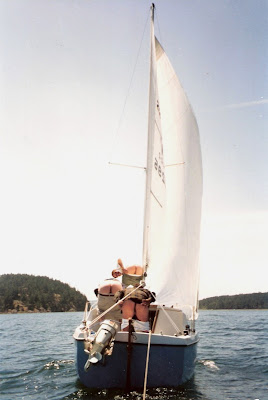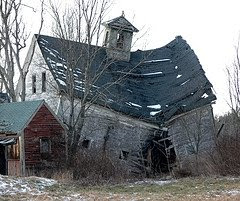
It is one thing to be stopped at a military checkpoint, and another to be rousted off a park bench at night after too many beers.
It’s all about borders. When crossing in country, or from state to state, the military is there to check your pack and ask questions. This has really increased in intensity lately due to the drug cartel wars.
He never thought this a problem, with the exception of a couple of times when he was suspected of being more than the "student of the country", as he is often described to the officers by his long time friend and in-country national.
On one occasion, his local friend decided to defend a young Canadian woman, when the soldiers had found a controlled “good time” in her pack while our entire bus was searched at a checkpoint. As a result of his impassioned defense of the woman, one who we did not even know, we were accused of being an accomplice to her. Moments such as this required finesse and luck.
One night, during a sway in a lively cantina, he had had enough, literally, and walked out of the dusty watering hole and into the quiet streets of the town. Fortunately, the town Centro had ample benches positioned along the way to catch his fall. On one such bench he sat, and absorbed the sounds and breezes of the night.

Public drinking is not tolerated in most areas, but this is typically enforced only when one is loud or disorderly. Fortunately, he was quiet. In fact, he had fallen asleep.
Suddenly, night turned to day. The light was so bright in his eyes. He could barely make out the silhouettes of the soldiers stacked high in the truck with the spotlight. He sat up and tried to understand the shouting…..
Despiértese, despiértese, usted norteamericano borracho estúpido. ¡Párese y muéstrenos usted puede andar, o nosotros le detendremos inmediatamente! Escuche lo que decimos ahora o usted irá a encarcelar directamente. ¡Párese ahora!
Some folks believe we all have a built-in survival mode, one that kicks in when threatened, providing the ability, even unconsciously, to transcend the moment, and escape to the safe confines of your sleeping bag unscathed.
Actually, he cannot recall how this all worked out. But come daylight, he remembers someone handing him some hot coffee, and he thankfully acknowledged the beautiful sunrise, and another day on the road in Mexico.


















































